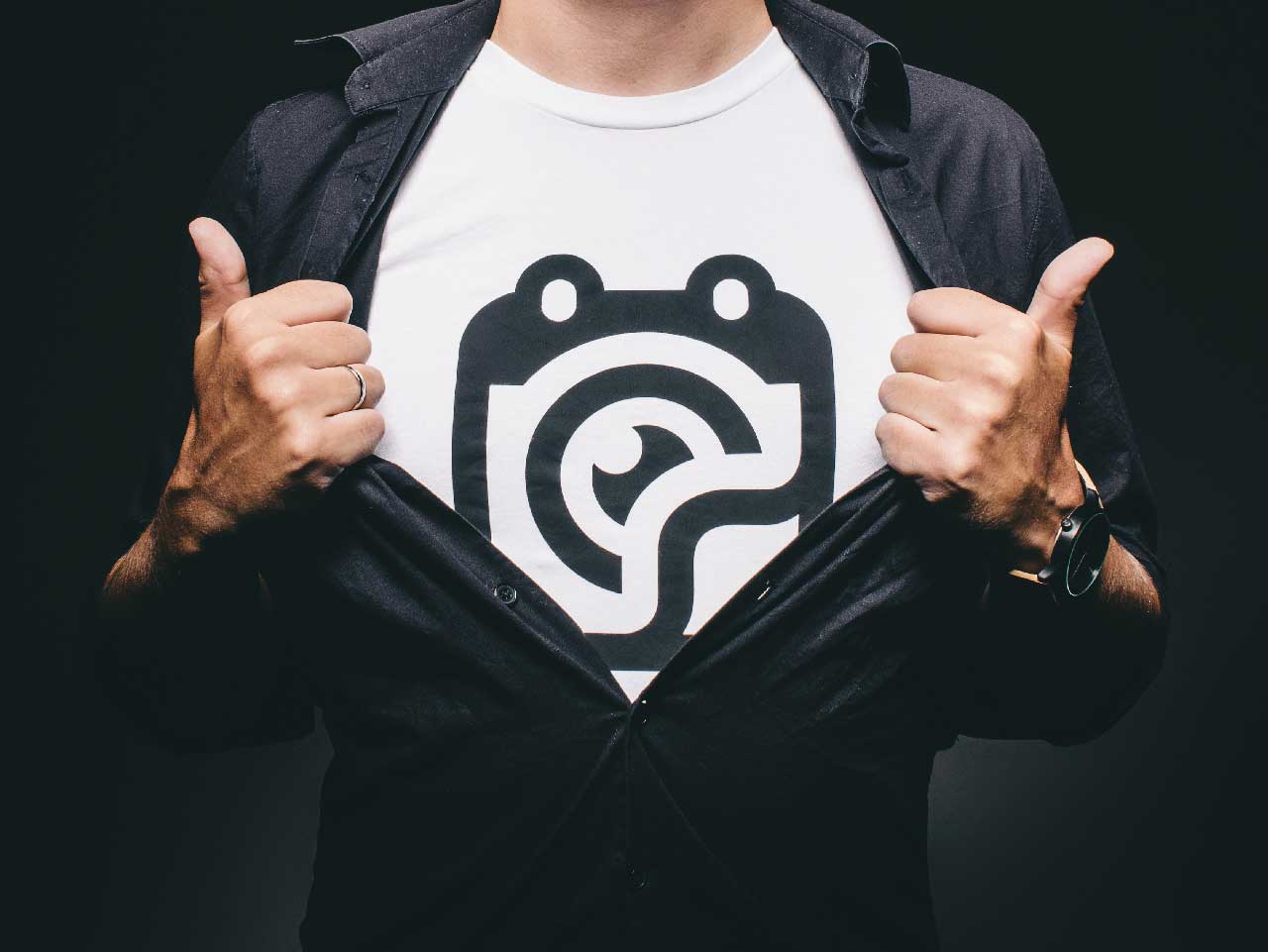The global consumer goods industry’s plans for dealing with the vast plastic waste it generates can be seen here in a landfill on the outskirts of Indonesia’s capital, where a swarm of excavators tears into stinking mountains of garbage. These machines are unearthing rubbish to provide fuel to power a nearby cement plant. Discarded bubble wrap, take-out containers and single-use shopping bags have become one of the fastest-growing sources of energy for the world’s cement industry. The Indonesian project, funded in part by Unilever PLC , maker of Dove soap and Hellmann’s mayonnaise, is part of a worldwide effort by big multinationals to burn more plastic waste in cement kilns, Reuters has detailed for the first time. This “fuel” is not only cheap and abundant. It’s the centerpiece of a partnership between consumer products giants and cement companies aimed at burnishing their environmental credentials. They’re promoting this approach as a …






